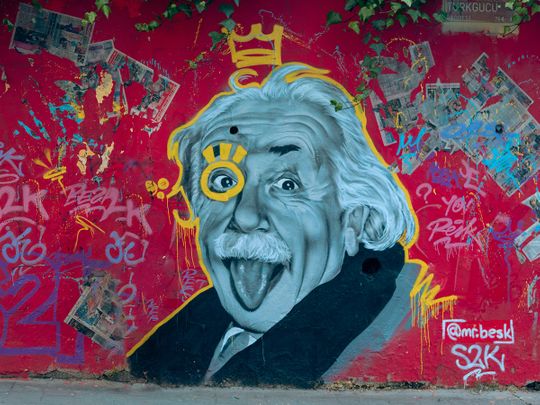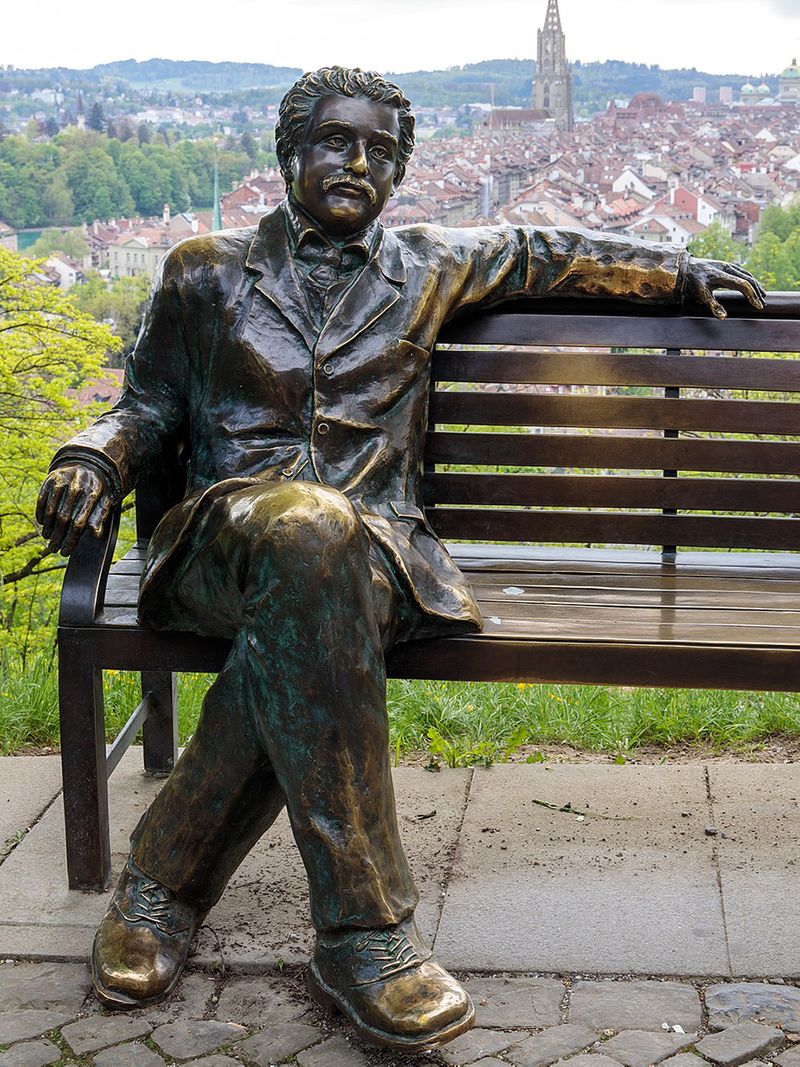
If you want to truly succeed, do what German-born physicist Albert Einstein and Austrian composer Wolfgang Amadeus Mozart did – take a break.
Click start to play today’s Spell It, where we learn that periods of failure should be taken as moments of rest and quiet deliberation, not instances that compel us to crash and ‘burn’.
Although Einstein was an extremely productive theoretical physicist, his productivity came in bursts, according to a May 2023 report in the US-based multimedia web portal Big Think. In the moments between periods of excellence, Einstein was known to be gentle with himself. He once said: “If my work isn’t going well, I lie down in the middle of a workday and gaze at the ceiling while I listen and visualise what goes on in my imagination.” Instead of fighting friction or letting it defeat him, he learned to lean into it.

It's a similar story with Mozart, who once wrote that he found that the best of his compositions arrived when he slowed down. “When I am, as it were, completely myself,” he wrote, “entirely alone, and of good cheer – say, traveling in a carriage or walking after a good meal or during the night when I cannot sleep – it is on such occasions that my ideas flow best and most abundantly.”
Between fevered bursts of productivity, which led to him composing over 600 symphonies and concertos, he sought space and solitude, accepting that some failure was part of the process.
Both Einstein and Mozart had similar philosophies to handling failure, and they were both type B personalities – they embraced quiet and retreated inwards, allowing ideas to land when they would.
Just how much failure is necessary in a person’s quest for success? It’s something psychologists and neuroscientists tried to establish a few years ago, when trying to identify the perfect success-to-failure ratio – a ‘Goldilocks zone’ that is at the sweet spot of difficulty, where the challenge we’re dealing with is not so difficult that we’re discouraged, but not so easy that we’re bored.
According to a November 2019 study published in the journal Nature Communications, the optimal error rate is 15.87 per cent.
So, whether you’re learning a new language, learning to code, or training for a marathon, you can quantify your success with this guide. Failing once in every five or six attempts (although this may happen even more in the beginning of any learning pursuit), is normal – even necessary – for success. If you have a more laid-back personality, like Mozart and Einstein had, you’ll be able to tolerate those failures better, learn to fail well, and pick yourself up for the next challenge.
Do you believe some setbacks are necessary in the path to success? Play today’s Spell It and tell us at games@gulfnews.com.








